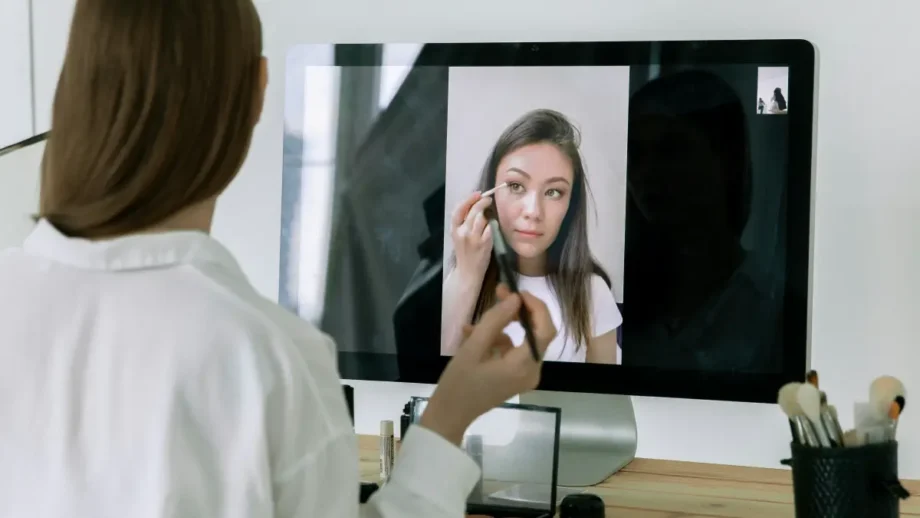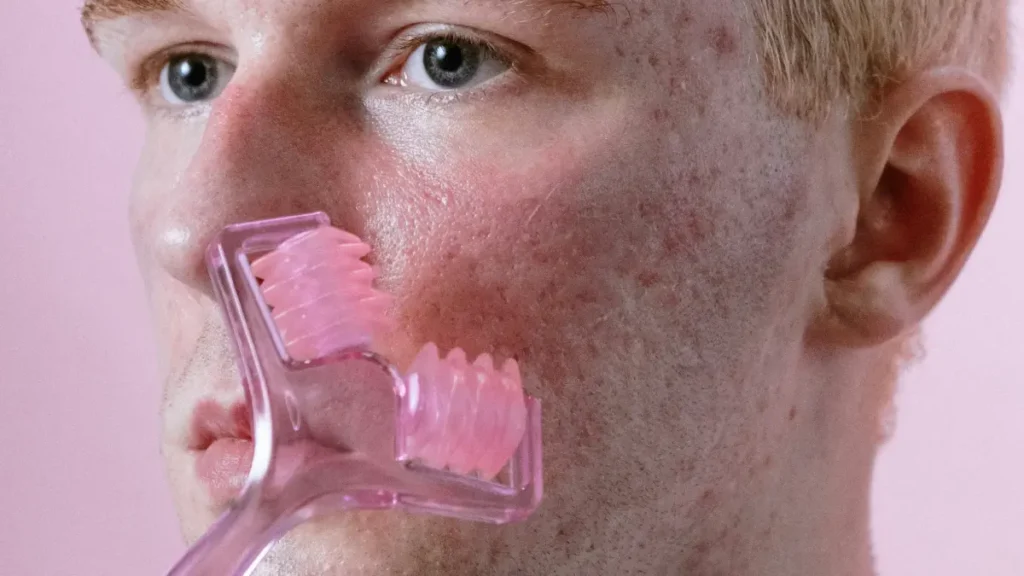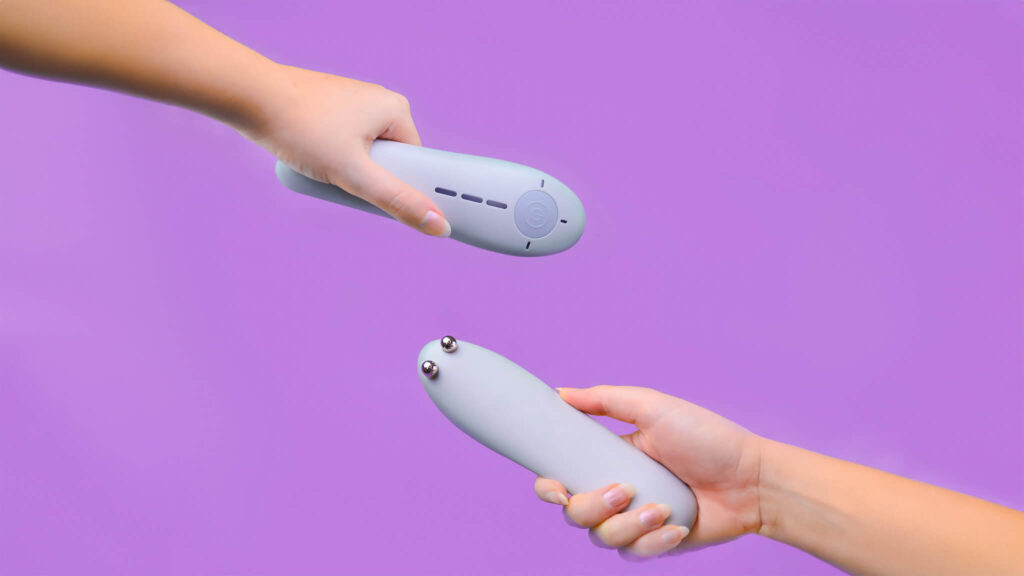Microcurrent therapy is celebrated for its ability to tone facial muscles, reduce fine lines, and boost collagen production. However, like any skincare or beauty treatment, it isn’t suitable for everyone. While the technology is generally safe, there are specific situations and conditions where microcurrent use is either discouraged or requires extra caution. If you’re wondering whether this cutting-edge skincare technique is right for you, read on.
1. Pregnancy and Microcurrent
Pregnant individuals are often advised to avoid microcurrent therapy. This precaution isn’t because the treatment is inherently harmful, but due to a lack of comprehensive studies proving its safety during pregnancy. With so many hormonal changes happening, it’s best to err on the side of caution and consult your healthcare provider before starting any new skincare routine.
2. Heart Conditions or Pacemakers
Those with heart conditions or electronic devices like pacemakers should avoid microcurrent treatments. The electrical currents, although mild, could interfere with the function of these devices, posing a potential risk. If you have a heart condition or other implanted medical device, microcurrent isn’t recommended.
3. Epilepsy
Microcurrent devices are not advised for individuals with epilepsy due to the potential risk of triggering a seizure. Even the subtle electrical stimulation from the device could be problematic for those with a history of seizures.
4. Active Skin Infections or Open Wounds
If you have an active skin infection, severe acne, or open wounds, it’s best to let your skin heal fully before using microcurrent. Applying the device over compromised skin can cause irritation or worsen the condition. Focus on resolving any underlying issues before diving into microcurrent therapy.
5. Metal Implants in the Facial Area
People with metal implants, like dental braces, facial plates, or screws, should consult with a medical professional before using microcurrent devices. The electrical currents could interact with the metal, potentially causing discomfort or other issues.
6. Cancer Patients or Those in Recovery
If you’re undergoing treatment for cancer or have a history of it, it’s crucial to get approval from your doctor before using microcurrent. Although there’s no direct evidence that microcurrent stimulates cancer cell growth, medical professionals often recommend avoiding treatments that influence cellular activity during or after cancer.
Final Thoughts
While microcurrent is a game-changer in the world of non-invasive skincare, it’s important to ensure it’s the right fit for your unique needs. If you fall into any of the categories listed above, consult a dermatologist or healthcare provider before using a device like the Myotone Microcurrent Facial Toning System. Your safety and peace of mind should always come first.
Microcurrent may not be for everyone, but for those who can safely use it, the results can be transformative. As always, listen to your body and consult professionals when in doubt.
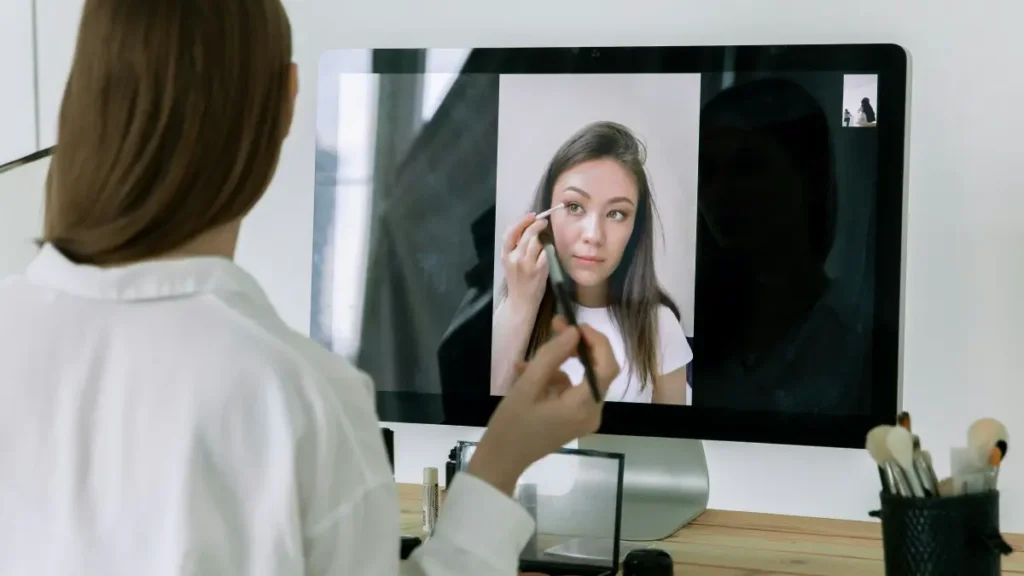
This article is brought to you by
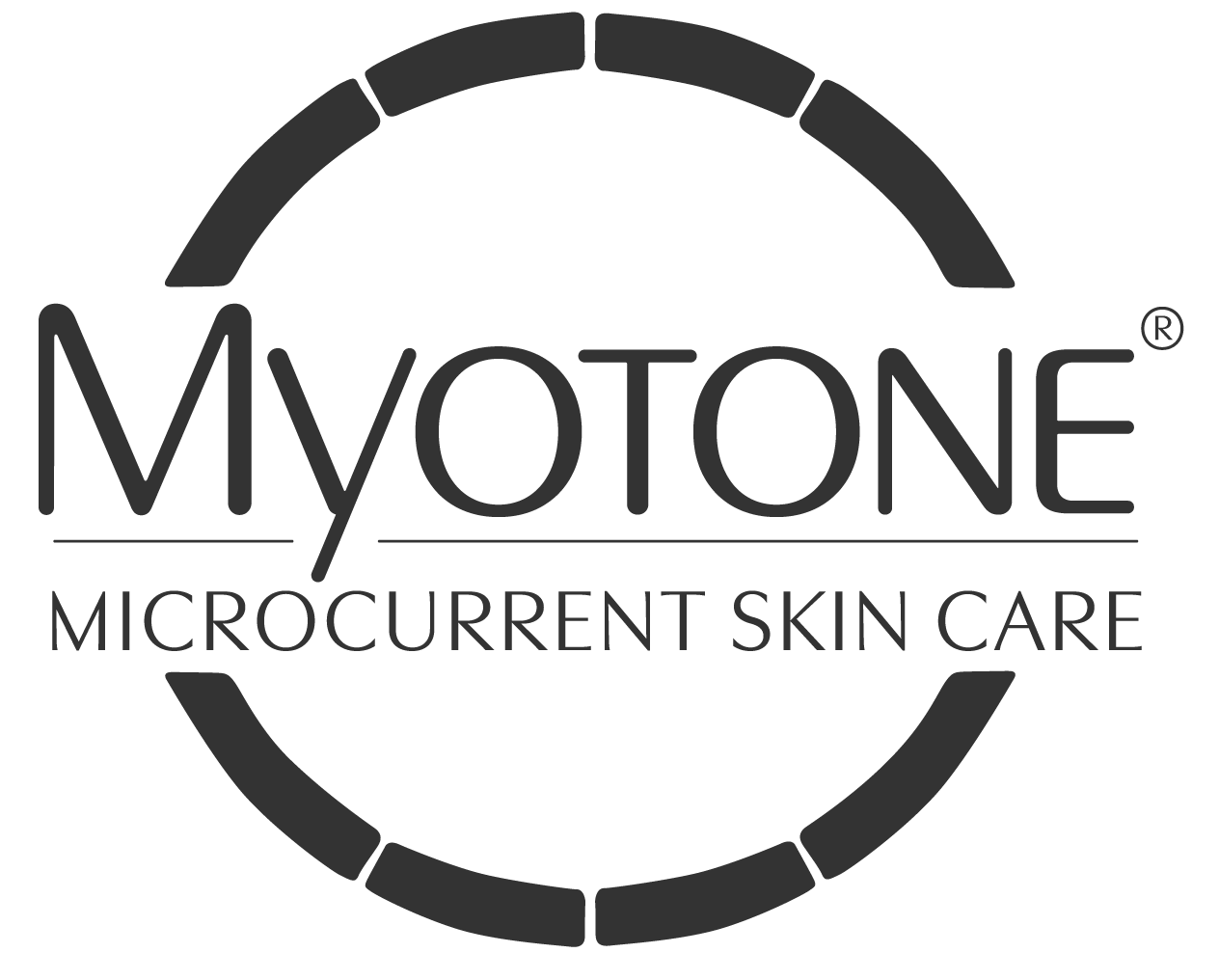
Learn More ⭢
